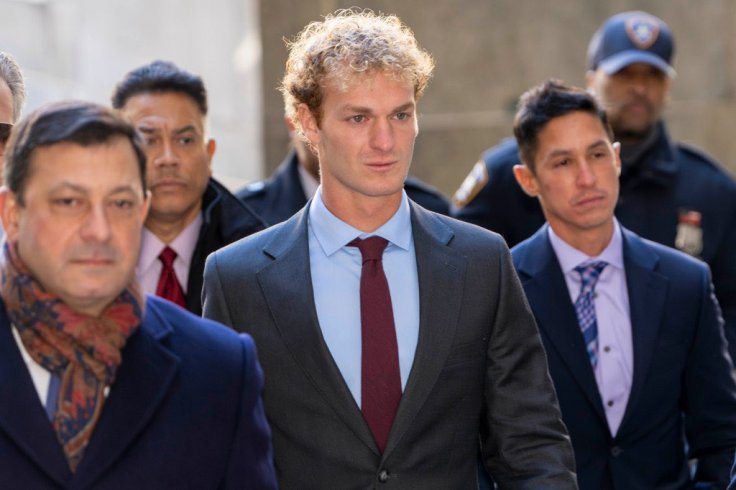The trial of Daniel Penny, a 26-year-old Marine veteran, will continue on Tuesday with closing arguments. Penny is accused of choking 30-year-old Jordan Neely to death on a subway train in New York City. Neely, who was homeless, died after Penny held him in a chokehold for about six minutes in May 2023.

The prosecution will argue that Penny's actions were excessive and reckless. They will ask the jury to consider whether the Marine's response to Neely, who reportedly acted aggressively, was too violent. On the other hand, the defense team insists that Penny was acting in self-defense and to protect other passengers.
Penny has pleaded not guilty to charges of second-degree manslaughter and criminally negligent homicide. He claims that he was trying to prevent Neely from harming others. After the incident, Neely was rushed to a hospital, where he was declared dead. An autopsy later confirmed that his death was a homicide caused by neck compression.
Support for Penny has come from several high-profile Republicans. Vivek Ramaswamy, a presidential candidate, made a $10,000 donation to Penny's defense fund. Ramaswamy, who is set to lead Donald Trump's new Department of Government Efficiency, stated that his contribution was meant to "restore the rule of law in America." Penny has also received public backing from Florida Governor Ron DeSantis, who posted on social media, "Let's show this Marine... America's got his back."
Ahead of the November 5 presidential election, progressive news outlet Mother Jones reported in May 2023 that Trump had remained silent on the Daniel Penny case, likely to avoid alienating voters. However, now that he is campaigning for re-election, Trump may be more open to considering pardons, especially after President Joe Biden granted clemency to his son, Hunter, for gun-related charges. Throughout his campaign, Trump has frequently stated that he would pardon supporters convicted for their roles in the January 6, 2021 Capitol riot.
Some experts point out that a president's pardon power is limited to federal offenses. The charges against Penny are state-level crimes, so Trump would not have the authority to pardon him directly. Legal analyst Stephen Gillers from New York University explained that presidents can only grant pardons for federal crimes.
However, Trump could potentially instruct the Justice Department to intervene in the state trial. The department could submit an amicus brief, offering advice to the judge on sentencing. This could influence the outcome if Penny is convicted, possibly leading to a reduced sentence.
As the trial progresses, all eyes are on how the jury will respond to the conflicting arguments presented by the prosecution and defense. Penny's supporters argue that he was simply trying to protect others, while critics assert that his actions went too far. The case has sparked a nationwide debate on the use of force in public spaces and the boundaries of self-defense.
The trial's outcome could have far-reaching implications, both for Daniel Penny and for future cases involving similar issues of self-defense and public safety. The jury's decision will be closely watched as the case continues to unfold.









